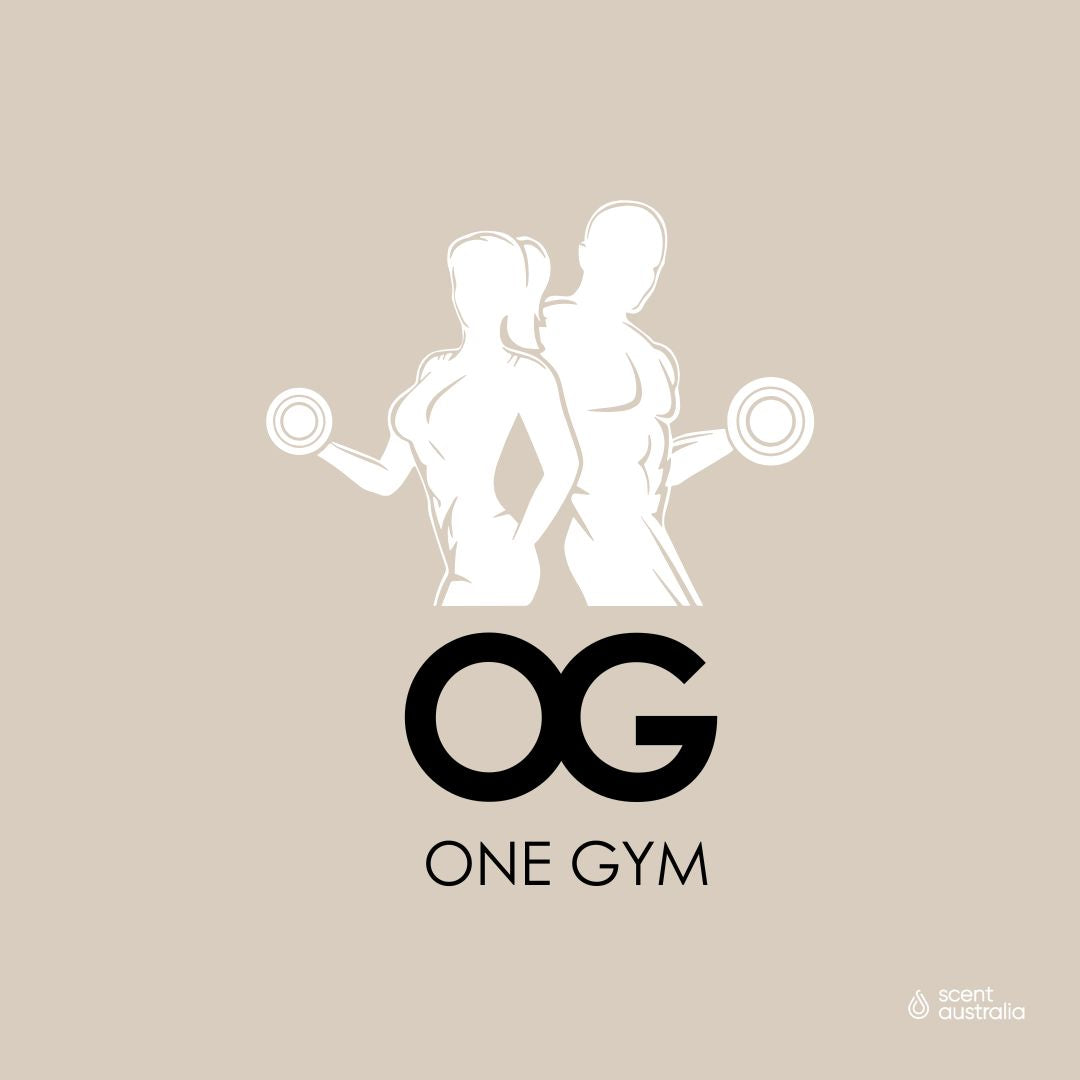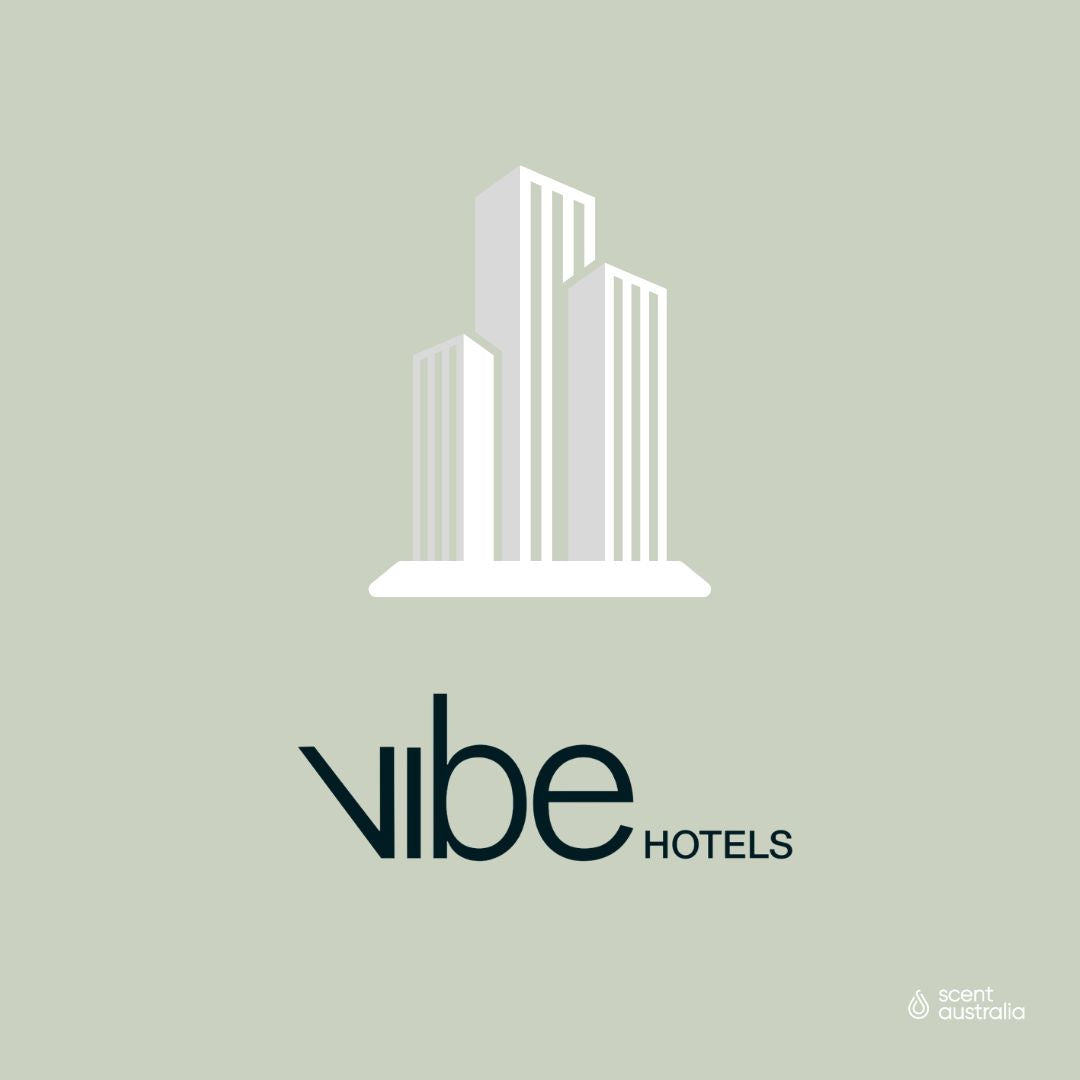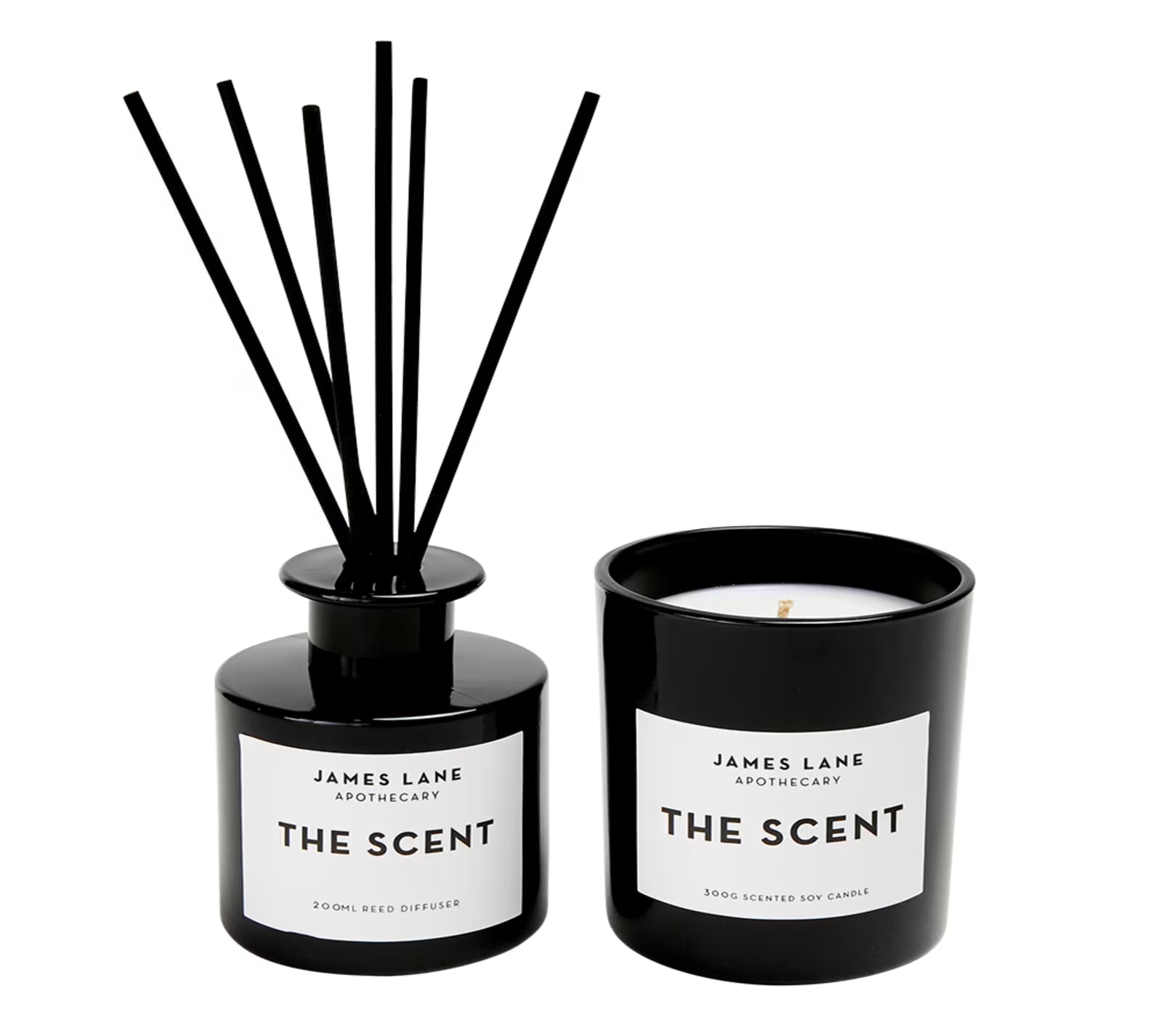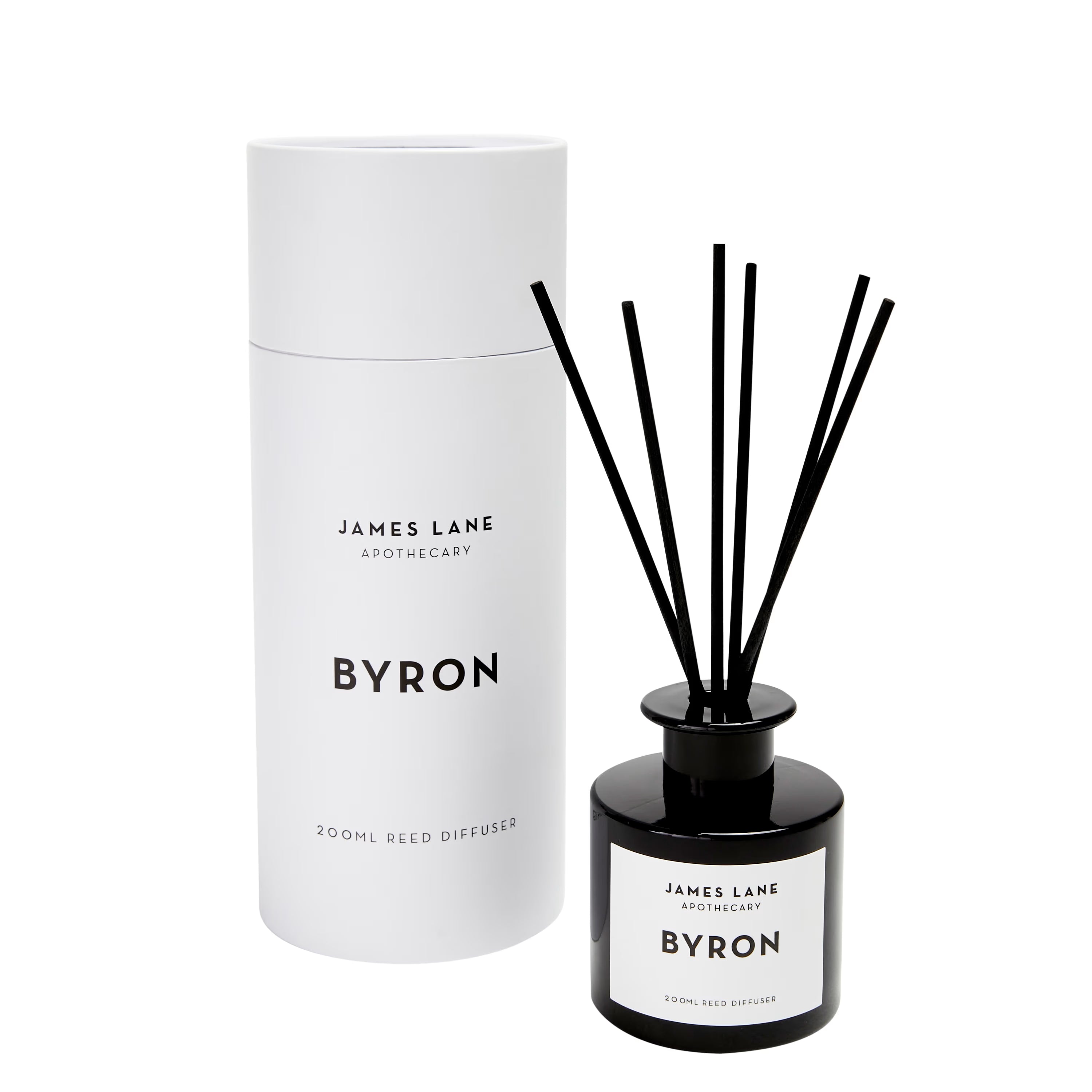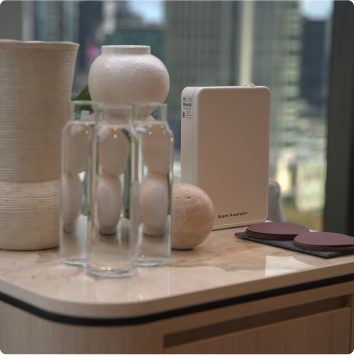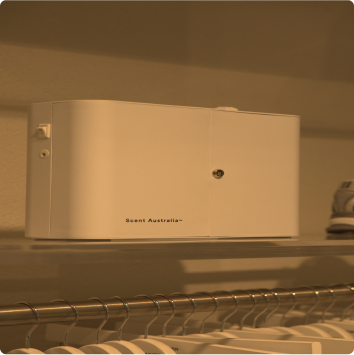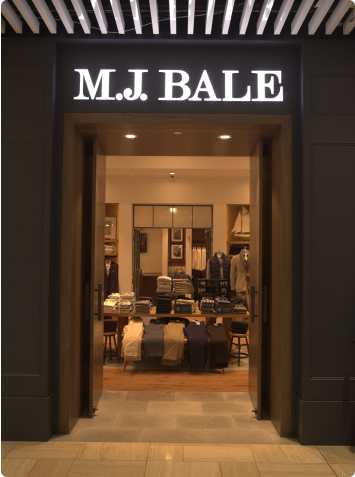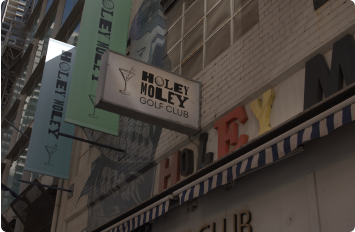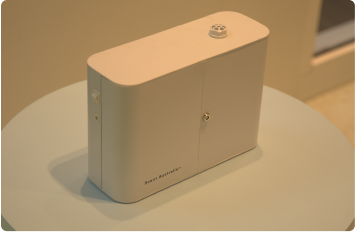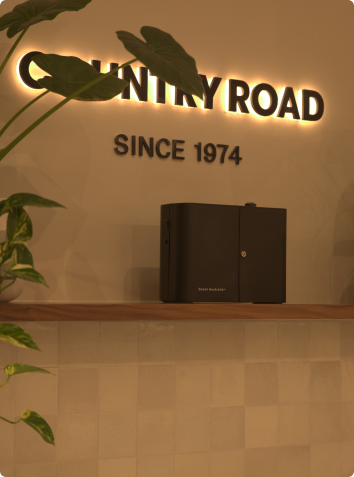
Scent Australia was interviewed by Sky's Bridie Barry about the benefits of scent marketing for hotels. This was a great opportunity to explain why hotels are using scent, the benefits they are discovering and the wonderful comments received daily about our services. An exerpt from the discussion is shown below:
How do hotels use scent to create a positive experience?
We recommend a few relevant scents which complement the look and feel of a hotel and which will appeal to a wide but relevant customer demographic.
Why is the use of fragrance effective?
Because scent is processed in our brains ‘limbic’ system, its emotional and memory centre. The other senses (sight, sound etc) are handled in the analytical centre, the ‘amygdala’. Scents lifts our mood and increases our perception of a product or experience.
How are smells and emotions linked? How does one influence the other?
A pleasant scent increases feelings of pleasure, happiness etc and reduces stress and other negative feelings. Therefore scent influences how we perceive a situation by enhancing the perception of music, sight etc.
How much are hotels spending on scent and how is it done? Where do they use the scents and why?
Most hotels spend $250-$500/month, some hotels pay more for scenting of very large spaces or if a very expensive perfume is chosen. Most of our clients are spending about $350/month for a normal sized lobby. We diffuse aroma/essential oils normally via the lobby air ducting.
How do you know if the scent is having a positive impact?
This is the easy part as Guests will usually comment on the wonderful scent but they won’t bother commenting on a nice paint job, good lighting or plush surrounding. These comments reassure us that there is simply no better way to enhance guest experience because its inexpensive yet highly effective.
I believe some hotels now have a signature scent that they use in bath products, diffusers and candles – can you give us some examples?
Sofitel actually gives away a little spray bottle of the perfume they scent their lobby with. The guest can then ‘relive’ the hotel experience by spraying that scent in their home. This is a very powerful emotional connection as it ‘tatoos’ that memory onto the brain. Its all about the association and nostalgic feeling…. You could smell something now which you haven’t smelt since your childhood and you will immediately think about that experience, good or bad. We have created numerous scented brand extensions incorporating our clients signature scent including reed diffusers, candles and bespoke wooden diffusers.
What are the most popular fragrances?
For hotels, floral scents are commonly used. They often have notes of uplifting and fresh citrus or perhaps some green tea.
Do certain fragrances elicit particular emotions?
In fact it’s completely by association. A baby does not know a good from a bad smell. Generally people agree what constitutes a ‘nice’ scent. However an authentic food scent might make us hungry, a floral scent will be associated with beautiful flowers, ladies perfume or a hotel….. We talk about scent ‘congruency’ which means that the scent must match the environment to be effective. In fact if the scent clashes that is a very bad thing as our brain says ‘something is not right’
Why is scent a good marketing tool?
It’s a fantastic marketing tool because it is probably the only advertising medium which generates positive and pleasurable feelings. Other advertising is based on interruption, loud noises, signs etc.
Furthermore the costs of scent marketing are extremely low compared to almost all other costs of doing business, yet it the one attribute most likely to solicit a positive response. Increased attention paid, increased perception, increased memory of a product, advert etc.
What makes a scent effective?
It must complement the product or brand message. It must be effective ie not too light or too strong. Think about the US brand Abercrombie & Fitch – their scent is the biggest selling men’s cologne in the USA, it matches their brand of youthful clothing for style conscious youth. A men’s cologne would work in a men’s clothing store and perfume in a woman’s clothing store, if we switch these around the scent becomes non congruent.
In an interview on this topic with the Australian Financial Review you mentioned a study that on children that found that simple scents improved their problem solving abilities – can you tell us about that?
Dr. Eric Spangenberg and Swiss scientist Andreas Herrmann found that simple scents are more effective in boosting sales. He tested a simple scent, a complex scent and no scent at all. The simple scent (orange) outperformed the complex scent (orange, basil and green tea) and the unscented environment; the average sale amount in the orange scented store were 20% higher than in either other situation and there were more total sales transactions.
Spangenberg attributed the success of the simple scent to the brain’s ease of processing it, freeing the customer’s mind to pay attention to shopping. When they were exposed to the fragrance blend, at some level, their minds were distracted by its complexity. He tested this theory by having subjects solve word problems in rooms with the same scents: orange, the basil-orange-tea blend and no scent. Those in the orange scented room completed more problems in less time than in either other condition. This study doesn't mean we should just use simple scents - there is a long term benefit from a complex and beautiful fragrance which goes beyond a one day spike in sales.
How do you go about choosing the right scent for a particular hotel?
We work with several international perfume houses and offer a very wide range of scents which we categorise into various industries. When choosing samples we take into consideration the demographic, the age of the building and its style. We then recommend a scent which will most closely match and enhance this environment. Occasionally we are approached with a specific request for example recently a retail brand asked us for a scent of Fig or Verbena so we offered a range of Fig scents (we have about 10) and even a combination Fig/Verbena. In the end they went with plain fig and everyone loved it.
How else is scent marketing used? Food? Shops? Gyms?
Food: We have worked with several commercial shopping mall operators to use fresh food aromas to successfully increase customer traffic to their cafes.
Retail: We have helped several retail brand to grow their sales and the feedback has been extremely positive. Some of these brands receive daily comments in every store. We are working with several retailers including Country Road, 2 Chillies swimwear and Tony Bianco ladies shoes.
Gyms – very big in Europe but not yet widely used here. Essential oils are fantastic at making the air in a gym cleaner and safer due to their antibacterial/antiviral properties. Furthermore peppermint oil has been shown to increase athletic output. These are very good for the gym business as most people chose their gym based on convenience first and hygiene second.
Contact Us
Contact us for more information about how easy it is to sent your shopping centrehotel or retail business and increase customer satisfaction and sales!









 Brian Clark
Brian Clark
